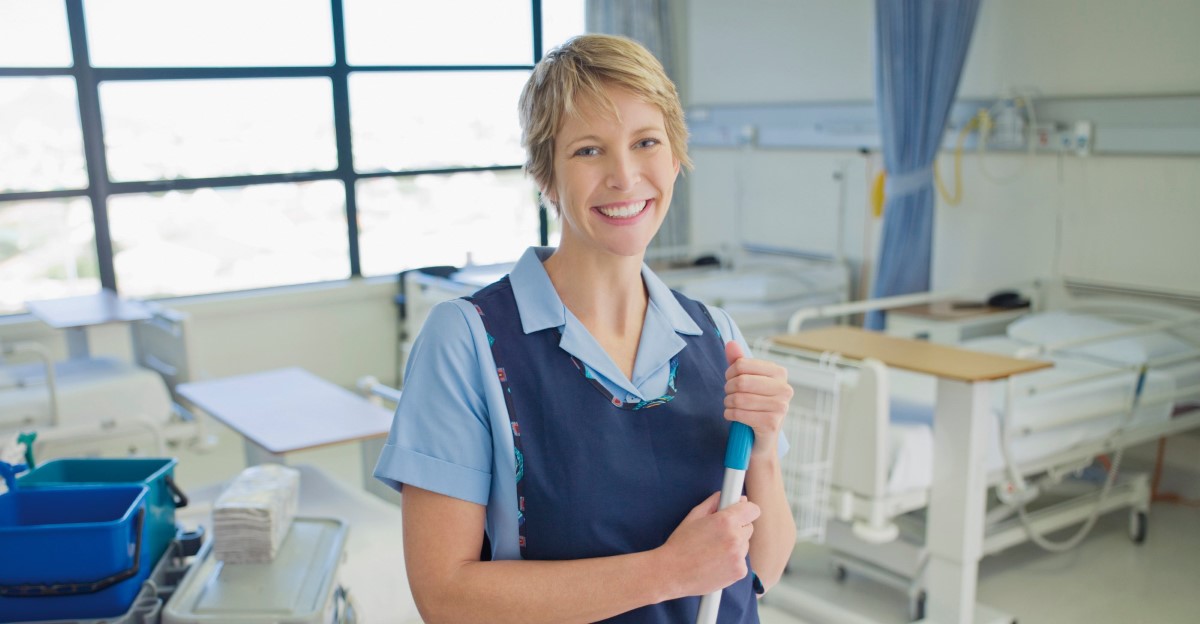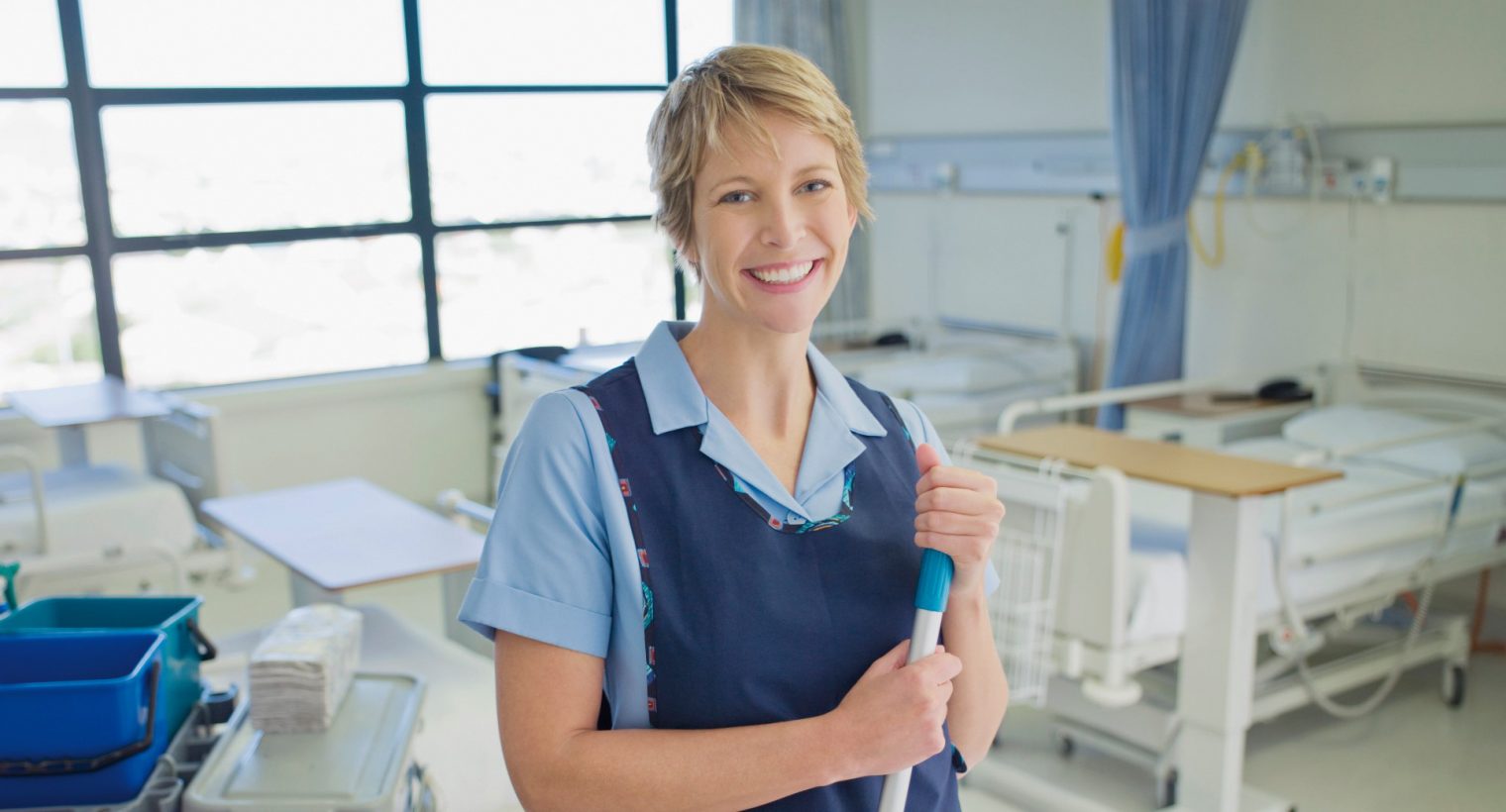“It may seem a strange principle to enunciate as the first requirement in a hospital is that it should do the sick no harm” (Florence Nightingale, Notes on Hospitals 1859). This statement dates to the mid 1800’s and means that no matter what a Healthcare Worker does or does not do, the first requirement is that we do not cause the patient any hurt or injury. However, over 150 years since Florence Nightingale wrote these words, we are still trying to get this message across to all healthcare workers including their managers.
Health care-associated infections (HCAI) are a patient safety issue (WHO Health care-associated infections Fact sheet). HCAIs create further suffering to patients and come at a high cost for patients and their families. Infections prolong hospital stays, create long-term disability, increase resistance to antimicrobials, represent a massive additional financial burden for the health system, generates high costs for patients and their family, and cause unnecessary deaths.
Every patient has the right to receive appropriate health care and leave a healthcare facility without a HCAI or MRO colonisation
Increased mortality & morbidity – Increased length of stay (- 4 days per infection) – Increased costs: (EU estimate average of €334/day) = Direct (management of HCAI) + loss of revenue + potential litigation – Patient impact – suffering, pain, loss of income
Preventing just 30% of HCAI will save the health service over €7.5 million in direct healthcare costs per annum (2nd National Clinical Guideline, Department of Health 2013). The National Clinical Effectiveness Committee states that there would be additional saving of multiples of this figure in societal and indirect costs.
Patient care equipment when contaminated poses a high level of risk to the patient, therefore, there is a need for staff to take responsibility for the care equipment they use and for managers to manage and oversee their areas of responsibility on a continuous basis.
Remember the purpose of audit is to compare practice against standards, identify problems make recommendations and then re-audit to assess improvements (if any) were made.
All staff employed in healthcare including doctors, nurses, care staff, household and maintenance should be made aware of the importance of their role in combating healthcare associated infections.



